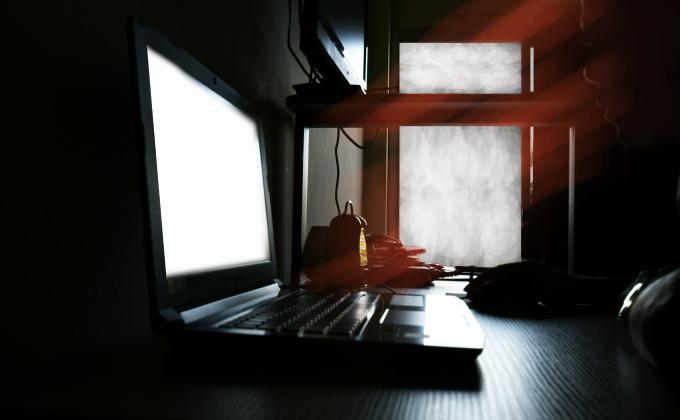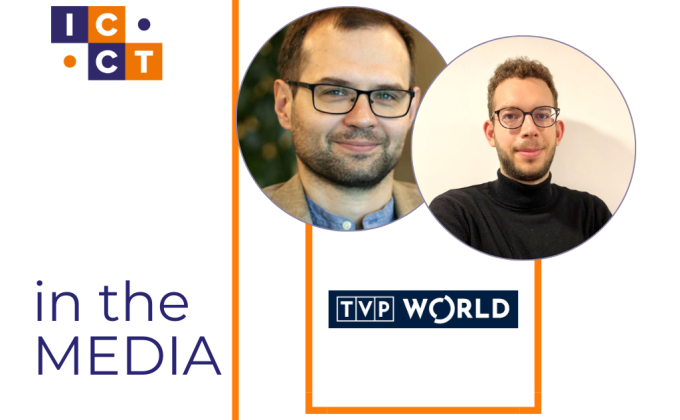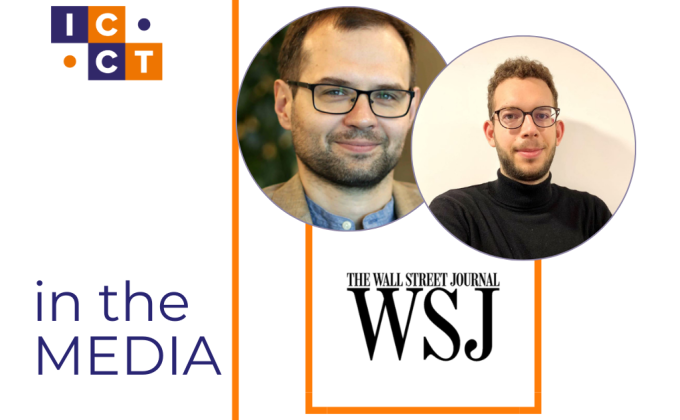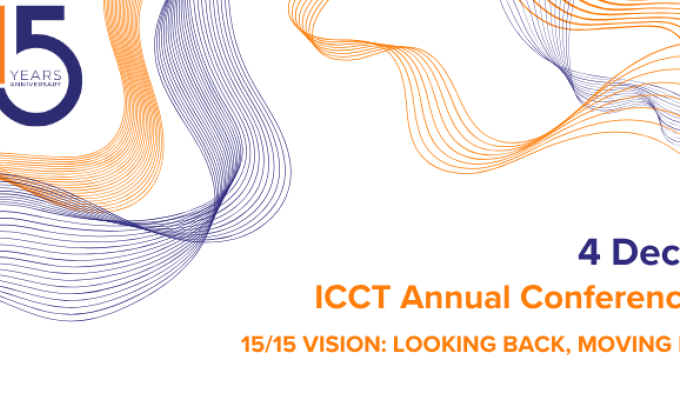Once more, after the attacks on Charlie Hebdo and a Jewish supermarket in January, Paris has been shaken by a series of terrorist attacks. Contrary to the events earlier this year, which were still relatively small scale, the attacks on 13 November were much more complex and coordinated. It reminds us of the large-scale attacks that had hit Europe before: Madrid in March 2004, London in 2005 and Oslo in 2012 come to mind. But the most striking comparison can be made with the Mumbai 2008 attacks.
Seven years ago, in November 2008, ten terrorists carried out a series of twelve coordinated shooting and bombing attacks in downtown Mumbai, India. The attack lasted four days before the police and special forces killed the attackers and arrest one of them. The assailants managed to kill more than 160 persons and wounded more than 300 using AK-47 automatic rifles and explosives. Targets included ordinary citizens at one of the biggest train stations in town, two luxury hotels, a café, a hospital and a Jewish community center. The attack was well planned from neighbouring Pakistan by the organisation Lashker-e-Taiba and the handlers managed their hitmen using mobile phones and live images from the Indian and international TV stations.
How does this example from India relate to the one on the 13 November in France? This is what we know just one day after the atrocities: it was a well-coordinated attack in six different places throughout the city, killing more than 120 and injuring over 200 citizens. Most of those killed were trapped inside the Bataclan concert hall, where a hostage taking resulted in a shootout with the police and where at least five attackers activated suicide-vests after having killed most of the visitors.
The similarities
- Modus Operandi. A series of well-coordinated attacks using AK-47 rifles throughout the city. In Mumbai, twelve attacks were carried out over a period of three days. In Paris, six attacks were carried out throughout the city in one night.
- Targets. In both cases, the attacks took place on similar targets: hotels (Mumbai), restaurants and cafes (Paris and Mumbai), centers of entertainment a (in Mumbai a cinema; in Paris a concert hall and around a football stadium), and in the streets (Paris and Mumbai). Places that guarantee a high impact, both in number of fatalities as well as in the amount of attention that would be received.
- Number of attackers. In both cases the attackers were a small number of young armed men. Ten in Mumbai, at least eight in Paris.
- The clear picture. Both in Mumbai in 2008 and in Paris yesterday night it took several chaotic hours (Paris) or even days (Mumbai) before a clearer picture started to appear as to where attacks were taking place and with what effect, making it very difficult for government and police forces to decide what the response ought to be.
- Impact. Mumbai resulted in 164 deaths; the attacks in Paris yesterday resulted in approximately 130 deaths.
- Challenges. In India the Mumbai attacks resulted in an outcry over the governments counter-terrorism strategy, the main question being: how could this have happened? In France, such questions are starting to emerge as well.
- Coordination. A further potential similarity is that where in the Mumbai attacks, the assailants were coordinated live from Pakistan, France’s president Hollande, in his latest statement also talked about foreign ‘coordination’ of the attacks.
Both attacks have been claimed and organised or incited by relatively large and powerful terrorist organisations (Lashkar-e-Tayyiba in Mumbai, the so-called “Islamic State” in Paris) and both attacks were linked to the military presence of the countries under attack on jihadist battlefields (Kashmir and in Syria/Iraq). Especially regarding this link, yesterday’s attacks will put the French government under pressure. It could force the country to formulate an even stronger and more determined response against IS or it could cause the French government to pull out of the coalition altogether.
A perhaps even more difficult task for the French government is to keep calm, to show unity and act upon it. Finally, as was the case after the Mumbai attacks, the government has to deal with the most important challenge of all: how to prevent another such attack. Additional measures that were taken after the January attacks did not prevent a repetition of terror in the streets of Paris. Perhaps now it is time for the French to seriously evaluate their counter-terrorism approach in order to improve their efforts to deal with this phenomenon.
To read more about the view of ICCT's experts on the 13 November attacks, please see the in the media section.









